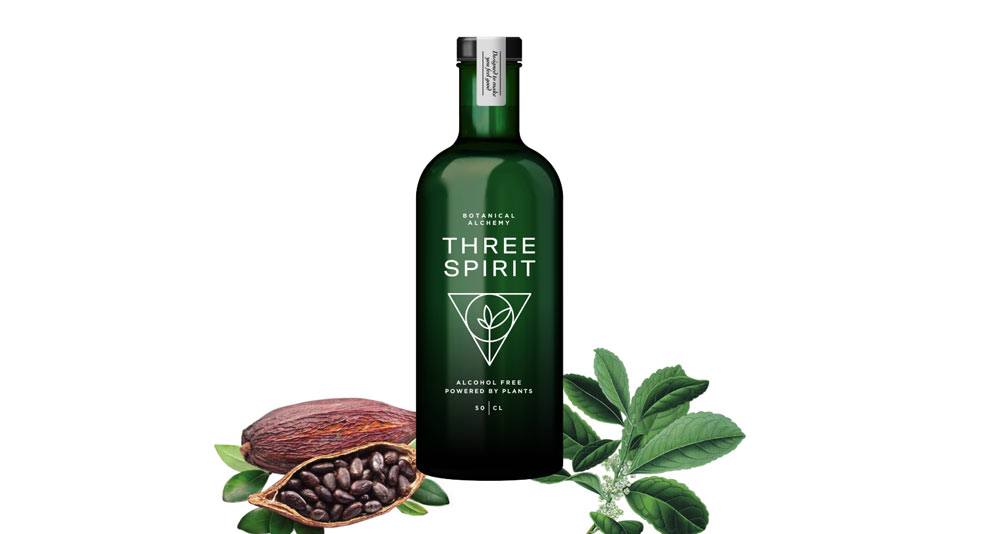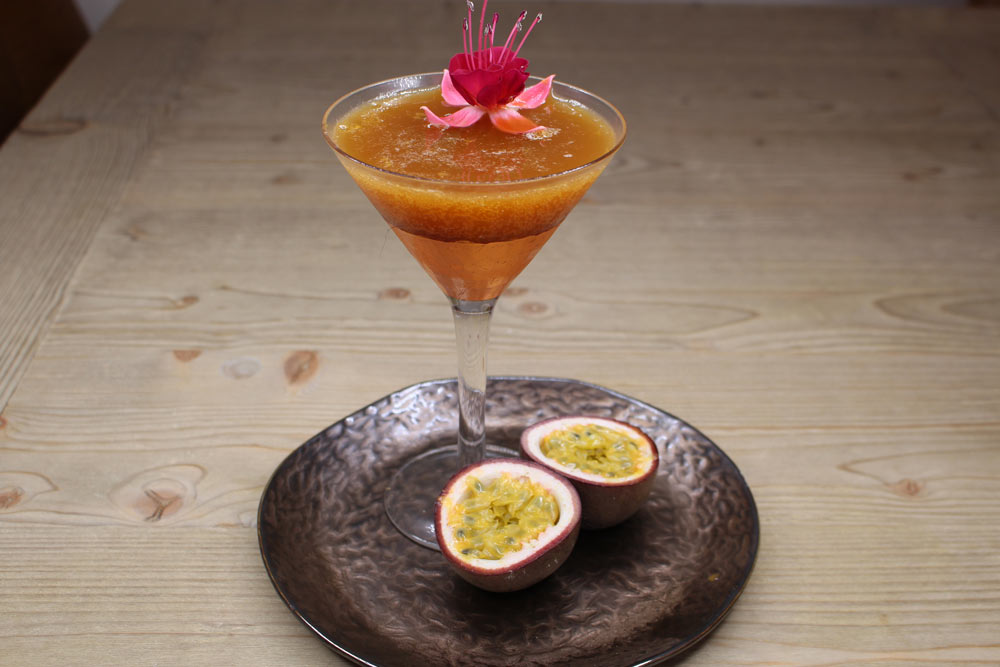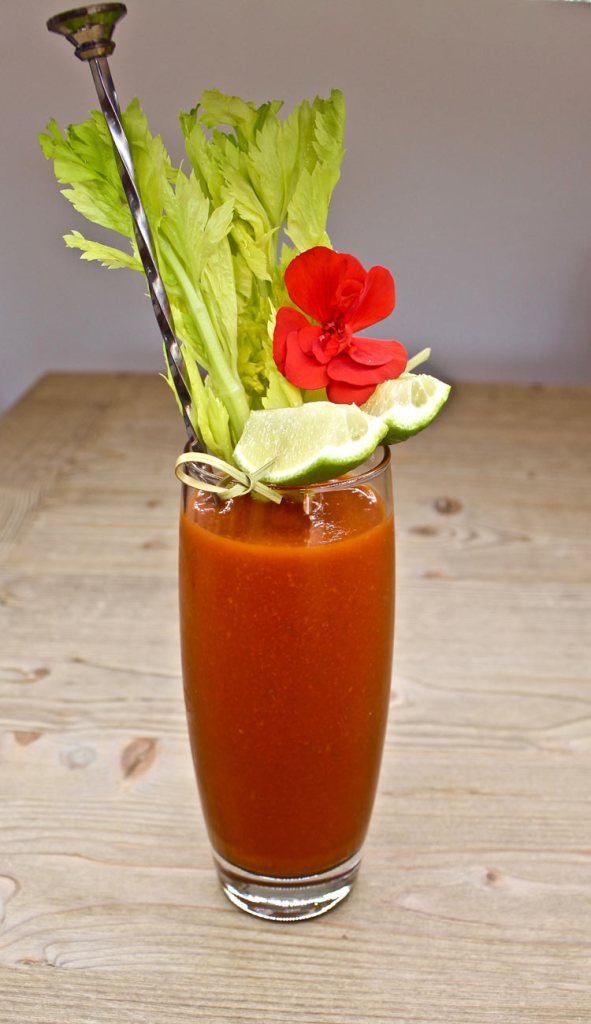Three Spirit describes itself as ‘the world’s first social elixir, a new, natural alternative to booze’. There’s a new wave of social drinkers, and they’re not relying on alcohol to make connections. But does this alcohol-free spirit have the same ‘kick’?

It’s obvious that there has been a gradual but marked shift in our culture towards a growing number of people reducing their alcohol intake. The rapid growth of ‘grown up’ soft drinks echoes the need for something more refined than your average fizzy drink. People still want that experience, sitting in the garden on a warm summers’ day sipping something that is so delicious and rich you can’t glug it down, or cosying up in a pub with a group of friends, chatting and enjoying the refined flavours of a ‘sippable drink’.
As someone with complex medical issues, I often find myself craving alcohol and that ‘feel good factor’ that it gives you. The one where you get warm and fuzzy and suddenly more adept at chatting with increased confidence. Sadly, more often than not, I react badly to alcohol and it’s just not worth it. This is where ‘Three Spirit’ became interesting.
The world’s best bartenders, herbalists and plant scientists have come together to create a blend of eleven carefully selected herbs and plants that give not only flavour but function. Apparently, it is designed to make drinkers feel more sociable through Botanical Alchemy. The makers describe this as ‘a plant-led social revolution’ which has been achieved through the study of how alcohol interacts with the body’s receptors. Herbalists then selected plants which are rich in active compounds that bind with those same receptors to create a drink designed to make you feel good.
When I studied the plants involved, I was struck by the connections with Ayurveda. Herbs such as Tulsi (Holy Basil) were used in my treatment at a centre in Kerala. I knew then that this had some grounding as there they were also trying to enhance my ‘feel good factor’. Other plants include Yerba Mate, Passion Flower, Cacao, Green Tea and Lions Mane Mushroom to name but a few.
The flavour profile is what I would describe as unique. Described as ‘bittersweet with a curious savoury bite’ this is definitely bold in flavour. The thick dark liquid looked and smelled just like the Ayurvedic medicines I was given and if I’m honest I found that off-putting. It is pungent and rich with definite notes of dried fruits and spices (it reminded me of the old remedy ‘syrup of figs’) despite this, I gave it a go, both on its own and in two cocktails, one sweet, one savoury.
On its own, I wasn’t a fan. Whether this was because of my previous associations, I’m not sure. But mixed with the light tang of passionfruit and kombucha it began to sing. It added a richness to the tart flavours and made for a satisfying and refreshing drink. Second, I used it to replace vodka in a spiced yuzu bloody Mary. The unctuous dried fruit paired well with the savoury notes of the tomato and benefitted from the pepping up by the spice. All in all, both lovely drinks.


But I can’t say if it enhanced the drinks beyond anything I had created before. I certainly felt good after them, but not quite the same as after an alcoholic drink. The great plus was no hangover!
Final Thoughts
Would I buy it? In all honesty, probably not. For that price tag there are other non-alcoholic drinks I would buy but that is all down to personal preference, I prefer light, citrussy flavours but for those who like their drinks dark and rich, think espresso martinis etc, then this is definitely worth a go.
More Information
Three Spirit costs £25 and you can find stockists at threespiritdrinks.com
Leave a Reply